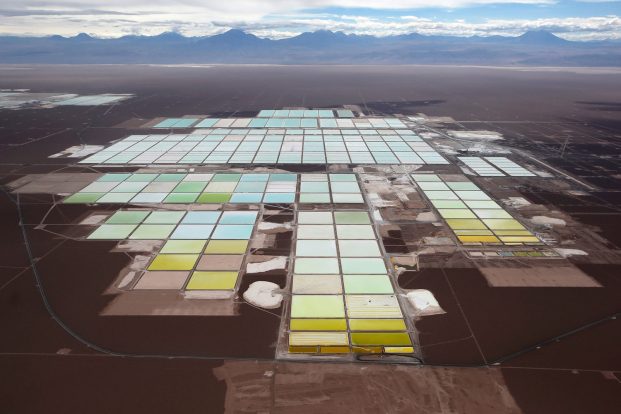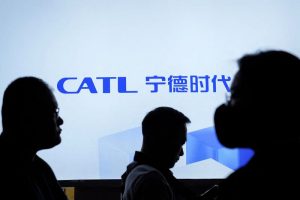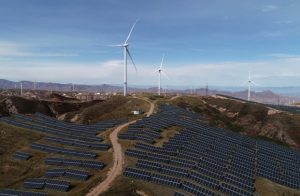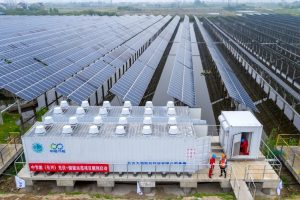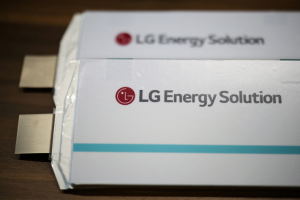Australian lithium miner Lake Resources has hit back at a short seller’s report claiming that its technology is too costly and uses too much water.
The report by J Capital Research is inaccurate, Lake said. The company’s shares fell as much as 16% on Thursday.
Lake uses an extraction technology developed by Lilac Solutions known as direct lithium extraction (DLE).
“Lake is claiming to produce ‘cleaner lithium’,” J Capital’s report said.
“We believe, however, DLE will still use large amounts of water and produce toxic waste. Lake has failed to get an operational pilot plant on site three years after promising it would.”
The company said the short seller’s analysis contained “inaccurate assertions” and pertained to the wrong process.
Management Missteps
“The report’s description of DLE processes does not pertain to Lilac’s ion exchange technology. It is criticising the wrong process,” the New South Wales-based lithium miner said.
Lilac is among the most prominent developers of DLE aiming to extract the battery metal from brine using a range of equipment, though none have worked at commercial scale.
J Capital’s report outlined several alleged missteps by Lake’s management and claimed that technology developed by Lilac is too costly to run and uses too much freshwater.
“Lake insiders have successfully sold $8.1 million in stock in the last year,” J Capital noted.
Lake said it intends to deliver lithium from its Kachi project in Argentina using Lilac’s ion exchange process that can be operated with zero net usage of fresh water, the company said in a statement.
Lake, which signed a deal with privately-held Lilac last September to jointly develop the Kachi project, said Lilac’s operating team would arrive at the Kachi project site on July 14.
- Reuters, with additional editing by George Russell
READ MORE:
China’s Tianqi Lithium Shares Plunge 11%, Recover on Debut
China’s Ganfeng Lithium Shares Fall After $962m Lithium Deal
Australian Miner Liontown Signs Lithium Deal With Ford




